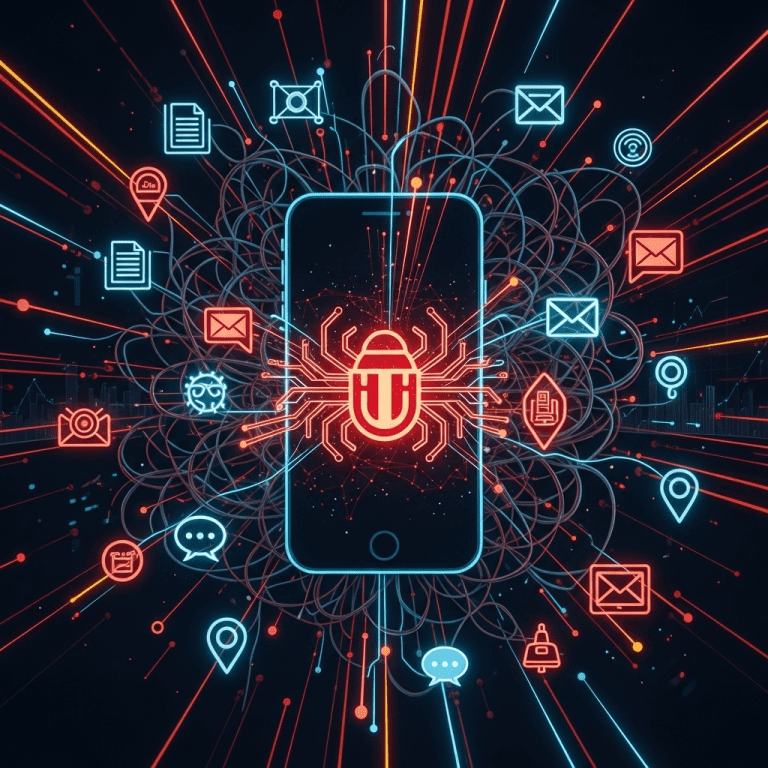Reports that an Italian businessman’s phone was targeted with Paragon spyware are raising alarms in finance and tech circles. The incident exposes mobile device vulnerabilities and highlights the growing sophistication of digital surveillance threats. For business leaders, investors, and policymakers, this case signals urgent cybersecurity priorities as we enter 2025.
Details and Risks: Italian Businessman’s Phone Targeted With Paragon Spyware
In June 2024, investigators revealed that a prominent Italian entrepreneur’s smartphone had been compromised by Paragon. The spyware, reportedly developed by Israeli firm Paragon Solutions, can extract messages, emails, and encrypted app data. Such capabilities put sensitive corporate and financial information at serious risk. The targeted individual’s identity remains undisclosed due to ongoing investigations, but sources link him to major investments and real estate ventures. The incident underscores that high-net-worth individuals and top executives are prime targets for digital espionage campaigns.What is Paragon Spyware?
Paragon is among the most advanced spyware tools. It can remotely infiltrate mobile devices without physical access, intercept calls, read encrypted chats, track geolocation, and even activate microphones and cameras. Comparisons are often made to Pegasus, but Paragon’s infection methods are even more discreet and its device control more extensive. The spyware poses major risks to business communications, deal negotiations, and strategic planning. Investment professionals are urged to reassess cybersecurity protocols to prevent data breaches.Emerging Threats to Executives in 2025
The targeting of this Italian businessman highlights a growing trend: surveillance malware increasingly targets corporate leaders and financial decision-makers. In 2025, traditional cybercrime and state-sponsored activity are converging, giving attackers unprecedented access to confidential communications. Experts recommend regular security audits, encrypted devices for sensitive discussions, and employee cybersecurity training. Cyber insurers are revising policies to cover evolving risks, signaling that proactive cybersecurity is now a core business requirement.Regulatory and Legal Implications
European authorities are tightening rules around digital privacy, surveillance, and cross-border data flows. Companies in Italy and the EU must comply with GDPR while considering advanced anti-surveillance measures. Financial institutions and advisory firms, which handle vast volumes of confidential data, need close collaboration with legal teams and best practices in data governance to mitigate regulatory and financial risks.Protecting Business Interests from Paragon Spyware
Proactive measures are essential:- Regular Device Security Assessments: Use threat detection tools to identify spyware traces early.
- Zero-Trust Security: Restrict access privileges so breaches are contained.
- Secure Communication Protocols: Use end-to-end encrypted devices and apps for sensitive discussions.
Future Outlook for Executive Cybersecurity
As the Paragon case unfolds, confidence in mobile device security is being reevaluated. In 2025, the race between cyber defense and surveillance technologies will intensify. Executives should anticipate:- Stricter mobile device management policies
- Enhanced regulatory oversight
- Greater reliance on trusted cybersecurity partners









